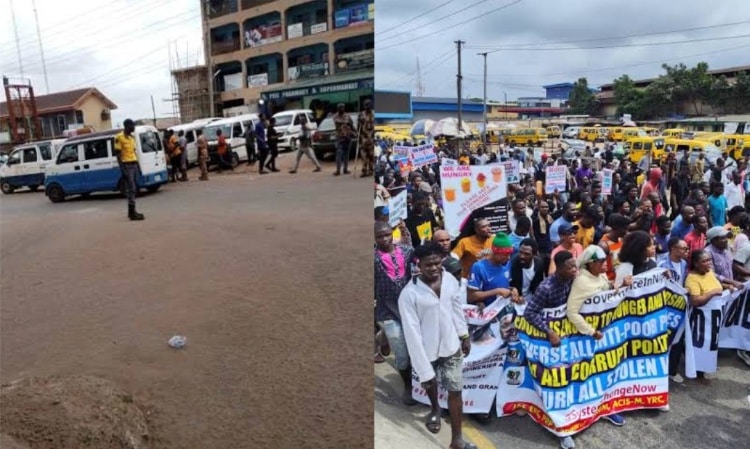Josef Onoh, the former spokesperson for President Bola Tinubu’s campaign, has provided insight into the South East’s lack of participation in the ongoing #EndBadGovernance protests. According to Onoh, this silence is a statement against Nigeria’s broader systemic issues rather than the current administration.
Onoh emphasized that the South East feels marginalized and excluded from significant national roles and infrastructure projects. He responded to Senator Shehu Sani’s tweet, which questioned why the South East did not join the protests despite substantial support from the region.
In his statement, Onoh said, “The South East is silent because the protesters demanded scrapping of the 1999 constitution and to replace it with a people-made constitution, without providing their own people-made manuscript for that new constitution. The South East is silent because the protesters demanded that the president should toss the nation’s legislative arm of the government, the National Assembly, and exhibited ignorance of the President’s lack of constitutional powers to scrap any arm of the government.”
He continued, “The South East is silent because even under a democratic setting, the South East region is on a high level of militarization, and the protesters are also chanting for military rule which would be more devastating to the region. The South East is silent because our silence has exposed the ‘real enemies’ of President Tinubu. We do not have the political luxuries, influence, entitlement, and benefits that the regions participating in the protest have.”
Onoh highlighted the historical and ongoing struggles of the South East, saying, “The north have produced presidents, the South-South and South West but not the South East, hence we see it as a problem between husbands and wives while we are the houseboy. When we had tears to shed, no region wiped away our tears. When we had a voice to shout, they said we were mad. When we cared, they said we had other motives. Today we are the least represented region in the current administration; we feel we are not wanted, we feel we are hated, we feel isolated, we feel distant.”
Despite these sentiments, Onoh expressed his belief in President Tinubu’s potential to bring positive change, provided the nation unites. He stated, “Irrespective of the above, I still believe in President Tinubu. He might not have all the solutions, but if we come together as a nation irrespective of whether we like each region or not, I believe a variegated group must agree they want to be a people, preserving our tolerant permissive society.”
Onoh concluded by acknowledging the shared pain and suffering of Nigerians, while highlighting the unique hardships faced by the South East.
